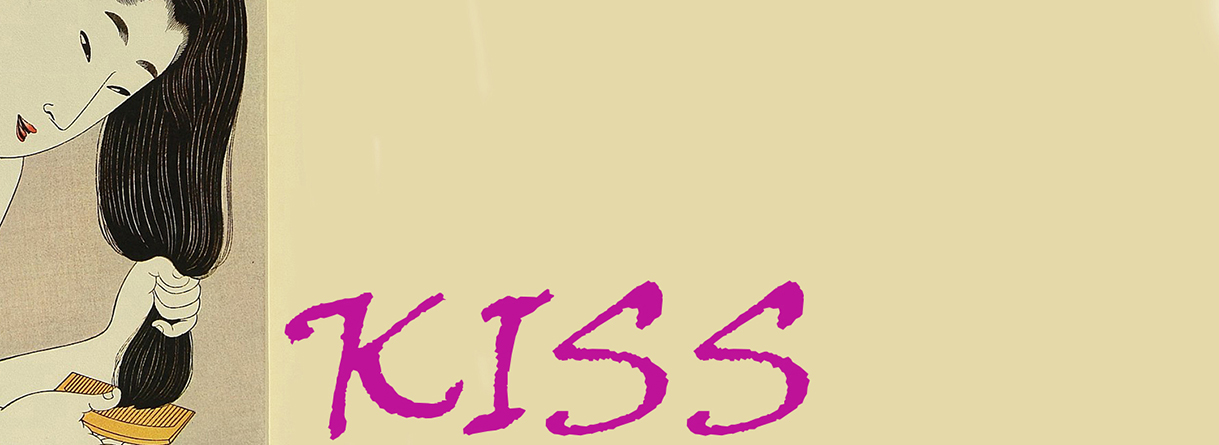 |
| Ted Hughes |
Ted Hughes: the poet who is coming in from the cold
by Robert McCrum
Sunday 9 May 2010 00.05 BST
Twelve years after his death, the former poet laureate is back in favour, writes Robert McCrum
S
omething is happening to Ted Hughes. It's not just that he's about to be put into Poets' Corner, though that's a clue, but more to do with his "myth" as a poet in the largest sense.
When writers die, great or small, they and their work usually dip into limbo for about a generation, a posthumous re-evaluation takes place and then posterity takes over. Or not. Many writers are deservedly forgotten.
There's a parallel case with Graham Greene. For perhaps 15 years after his death in 1991, you could not readily find his oeuvre in bookshops. Lately, however, his work is being rediscovered. Greene now seems like an important voice from the 20th century, perhaps neglected as a man but alive as a great English novelist.
Ted Hughes is different. His life has long been the stuff of movies and legend. Ever since the death of Sylvia Plath in 1963 and his subsequent destruction of her final journal, Hughes has been stretched out, like Prometheus, for the vultures of academic and feminist criticism to peck at his heart and liver.
In 1984, his career took a more tranquil path when he became poet laureate, following Betjeman. It is said that Her Majesty was strongly attracted to him and loved to discuss fishing, horses and dogs with her court poet. Predictably enough, his literary career now seemed behind him, locked up in landmark volumes such as The Hawk in the Rain, Crow and Moortown.
Then, after a long period of quiescence, Hughes walked into his publishers one day with the poems known as Birthday Letters. Rarely has a single collection so transformed an already established writer's reputation. Hughes had finally bared his wounds and addressed the tragic complexities of the Sylvia question. Almost everyone was delighted. The literary sensation of 1998, Birthday Letters became front-page news, a bestseller and, finally, an acclaimed prizewinner.
Tragically, in the same year, before he could savour his rehabilitation, Hughes died from the complications surrounding his treatment for colon cancer. At his funeral, his friend Seamus Heaney expressed the love so many had for the poet laureate: "He was a tower of tenderness and strength, a great arch under which the least of poetry's children could enter and feel secure. His creative powers were, as Shakespeare said, still crescent." A great memorial service followed. A recording of Hughes reading "Fear no more the heat o' the Sun" echoed through Westminster Abbey, a fitting prelude to that inevitable posthumous limbo.
Somehow, the shade of Hughes has broken free. Not only has the poet's reputation continued to grow, he now seems more than ever to be one of the 20th century's English literary giants. The publication of a lifetime's correspondence was a turning point, revealing a new dimension of wisdom and vulnerability mixed with a timeless Yorkshire stoicism. Hughes was always a great letter writer, with a strong, unforgettable hand. Christopher Reid's edition of the letters accelerated the process of re-evaluation.
Below the radar, there have been other additions to the portrait of the artist as a young man contributing to this new sense of his importance. In 2009, Jim Downer, an artist friend, published Timmy the Tug, a children's book written by Hughes in the 1950s when Hughes was sharing rooms on the edge of Bloomsbury with, among others, the young Peter O'Toole.
Downer's edition contained some memories of Ted and Sylvia, hinting at a rather different picture from the myth. Last month, this invaluable text was joined by an exceptional memoir, Memories of Ted Hughes, 1952-63 by his Cambridge friend Daniel Huws (Five Leaves, £5.99), published in an exquisite paperback edition by the contemporary designer Richard Hollis.
Huws believes "Ted's character has been traduced" by the "highly distorted picture" derived from Sylvia's letters and journals. For him, Hughes is an enthusiastic, romantic figure, a young undergraduate "dressed in grey flannel trousers and a black corduroy jacket".
This tantalising fragment will make any Hughes fan impatient for Jonathan Bate's projected biography. Letters, memoirs, a renewed sense of the poet's importance: the time is ripe for that life of Hughes.
It should be a shoo-in for Larkin at Oxford
In the contentious world of English poetry, nothing should ever be taken for granted. A straightforward contest to become the Oxford professor of poetry between Geoffrey Hill and the neurologist Sean Haldane has become complicated by the late appearance (via Facebook) of a performance poet, Steve Larkin, who has racked up close to 300 supporters via social networking. With numbers like these, Larkin the Second should have a good shot at the post, which is usually decided by fewer than 500 voters. Larkin makes some other contenders look like Tennyson or Milton. Soon, the academic electorate (Oxford's MAs) will become nostalgic for the thrilling, turbulent days of Ruth Padel's brief tenure last year.
It's party time for publishers everywhere
This year's title trend is for books with a "party" theme. First, my colleague Andrew Rawnsley's enthralling New Labour bestseller The End of the Party (Penguin) was followed by Rupert Thomson's brilliant memoir, This Party's Got To Stop (Granta). Now the latest contender, The Party (Allen Lane), Richard McGregor's book about "the secret world of China's communist rulers", appears to be as nostalgic as Thomson's, and strangely similar to Rawnsley's, describing an organisation that is "deeply secretive, hostile to the law, unaccountable to anybody other than its own internal tribunals and primed to think the worst of its enemies".


No comments:
Post a Comment